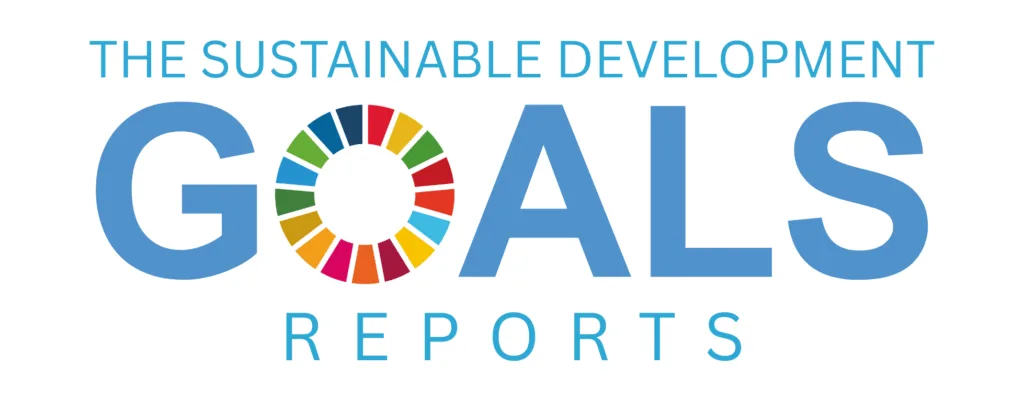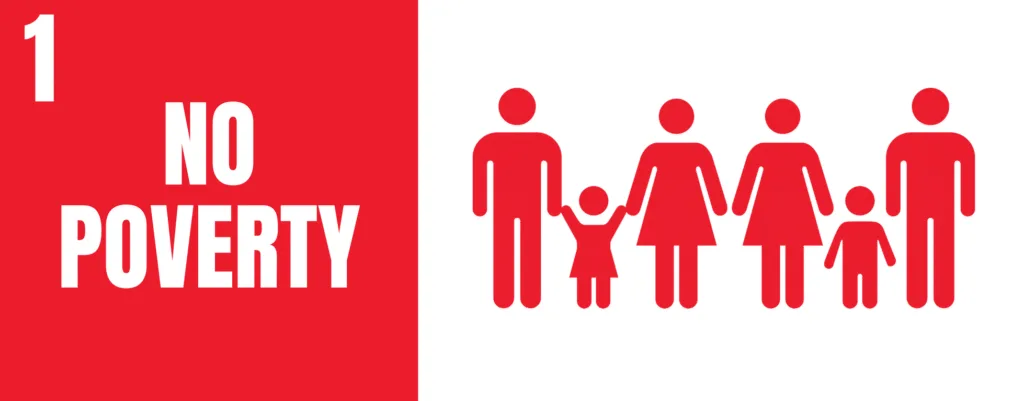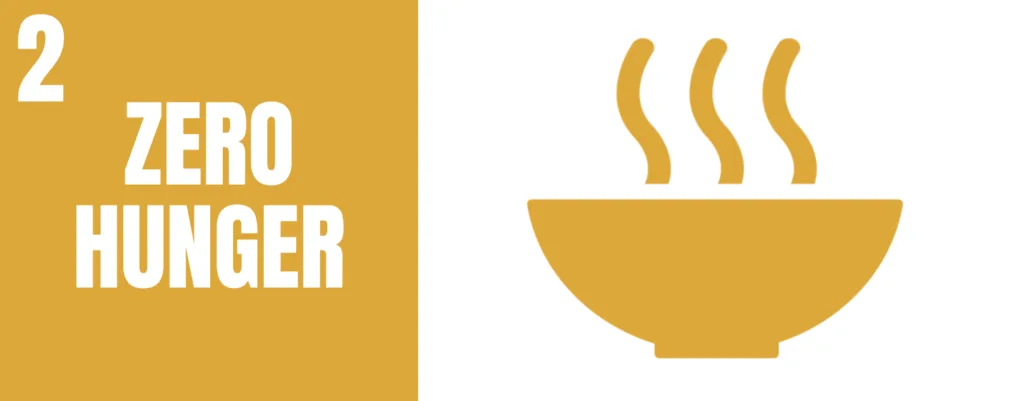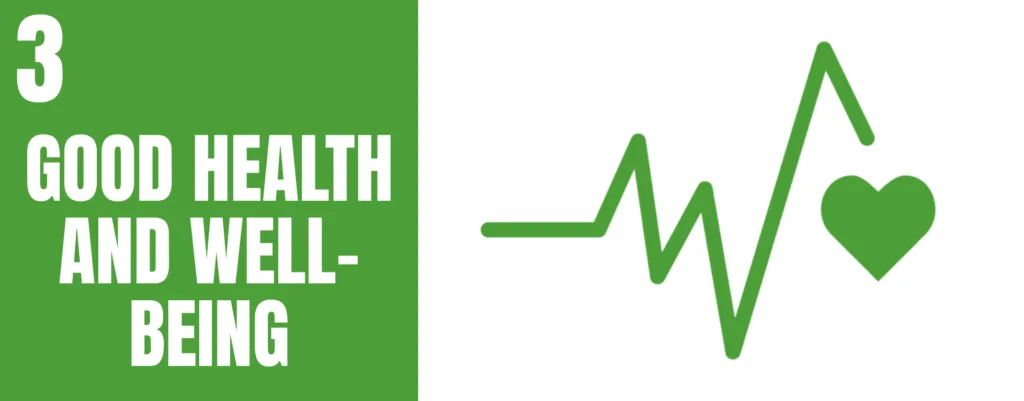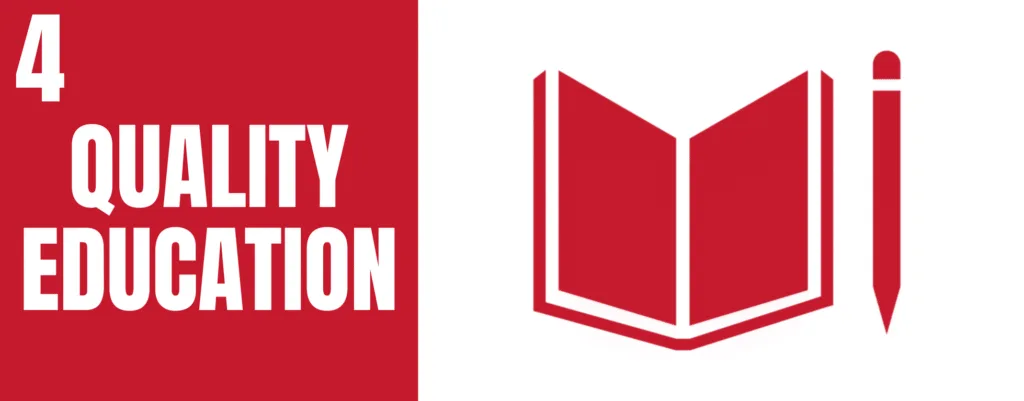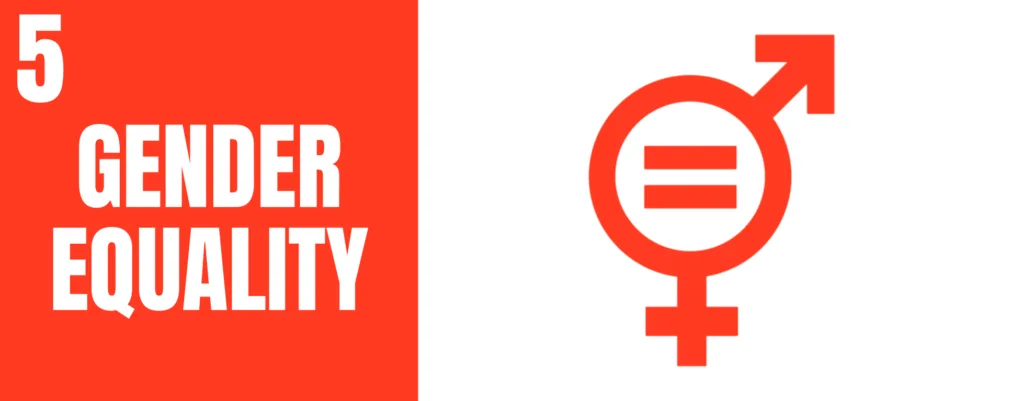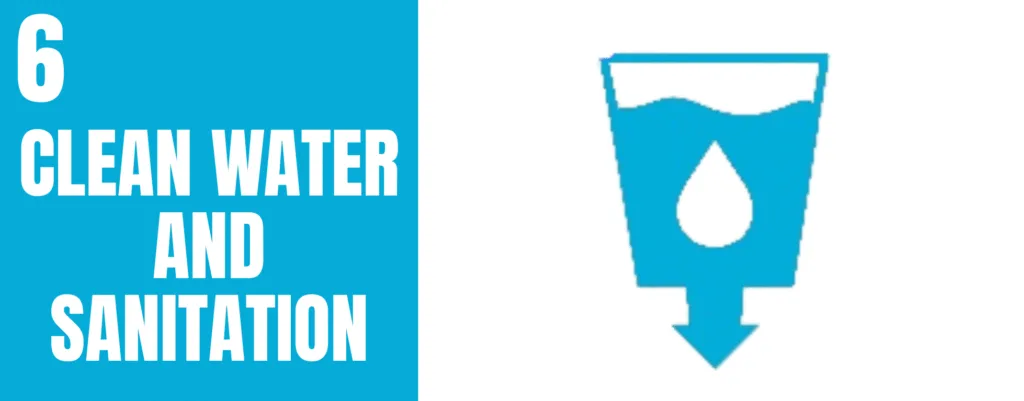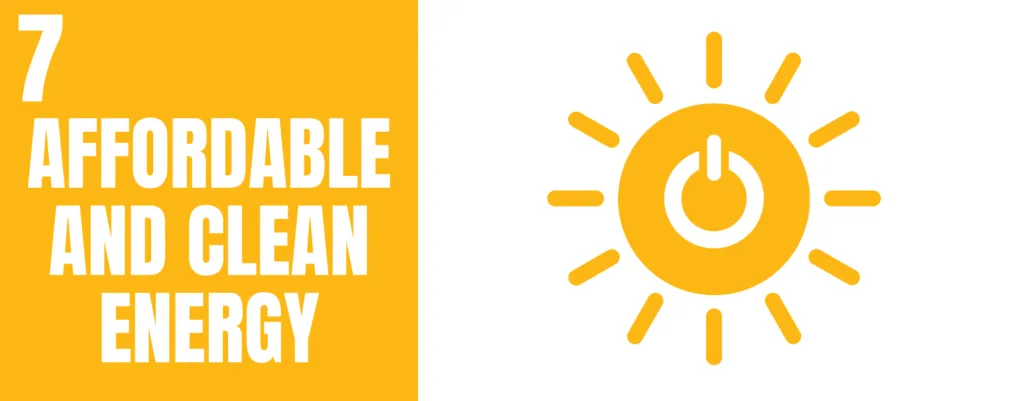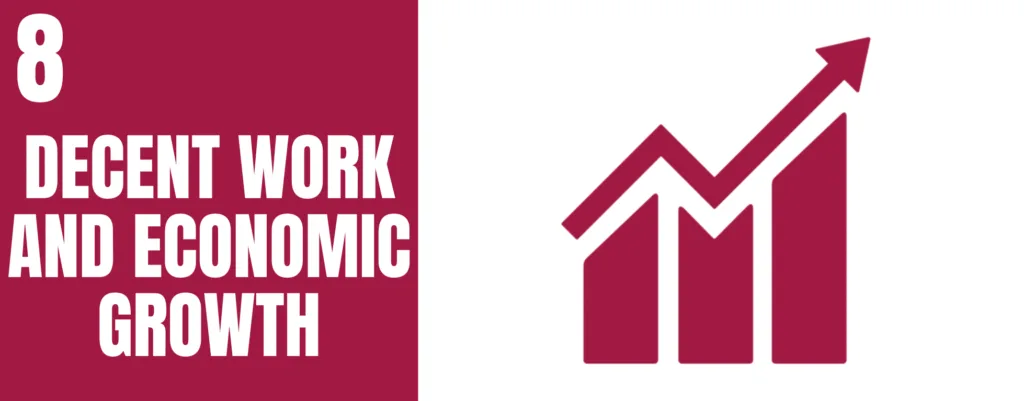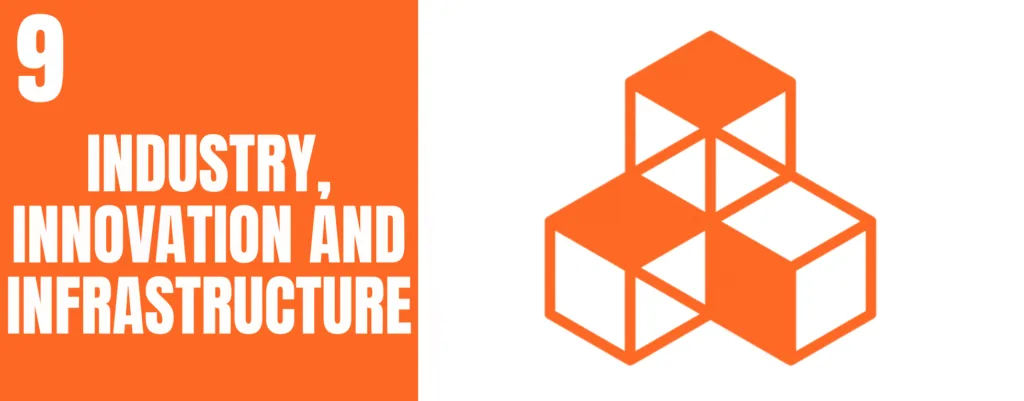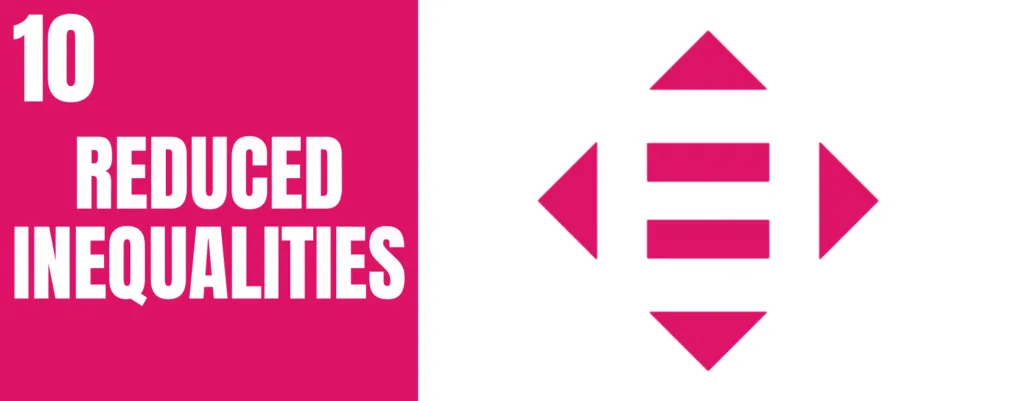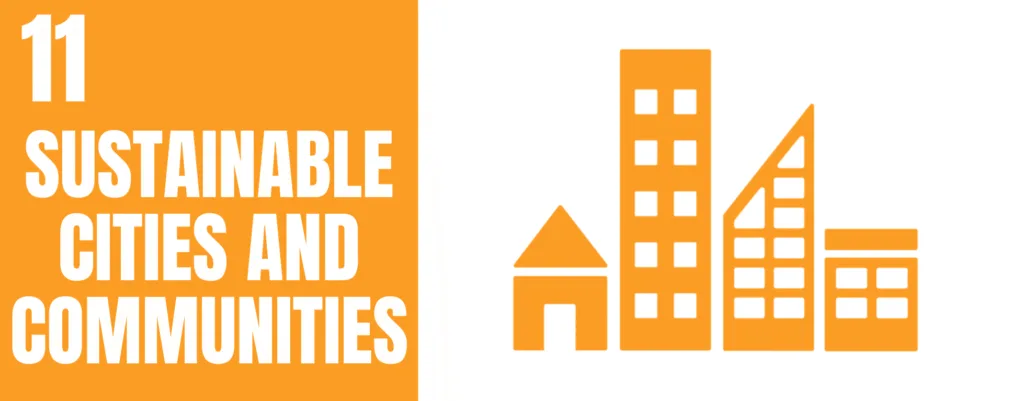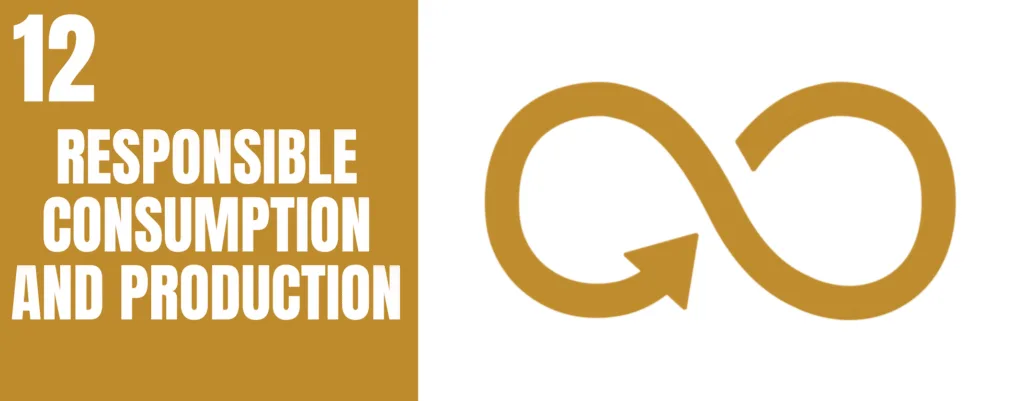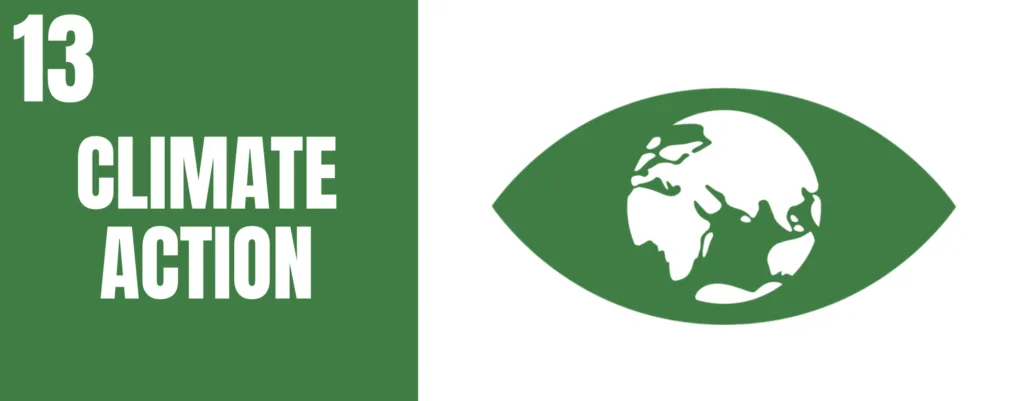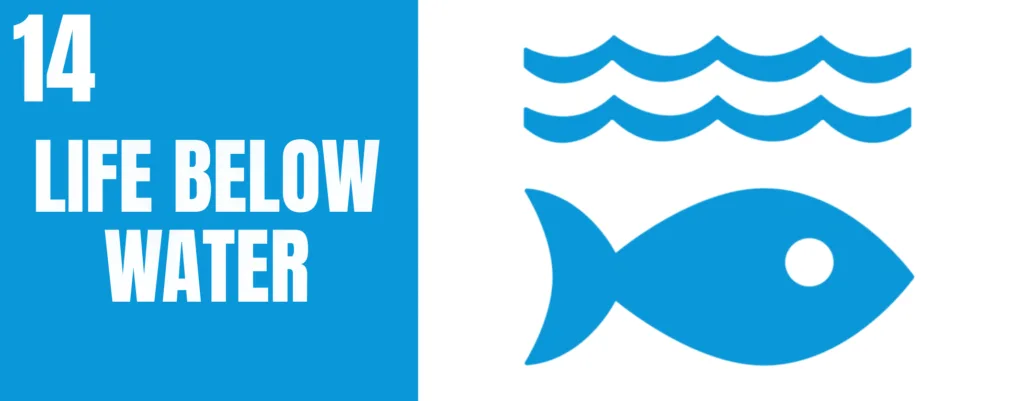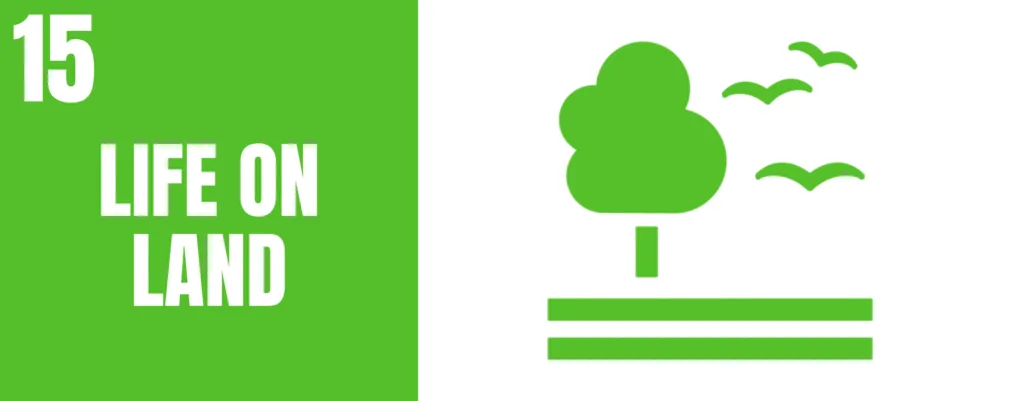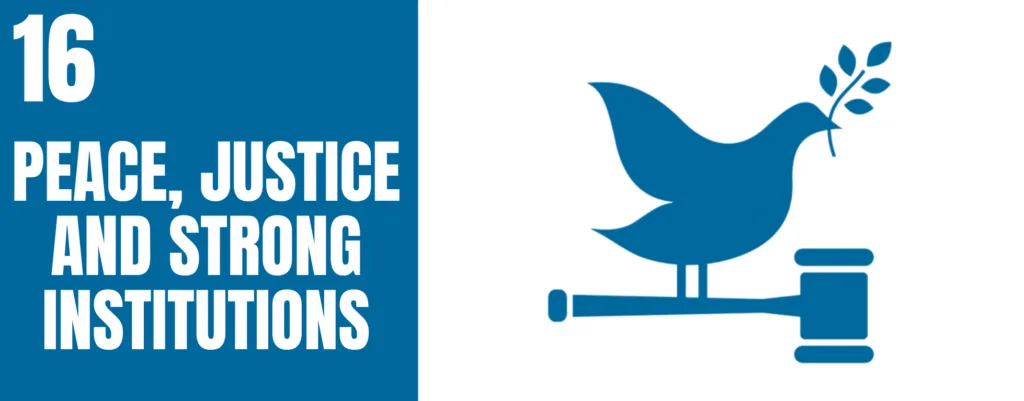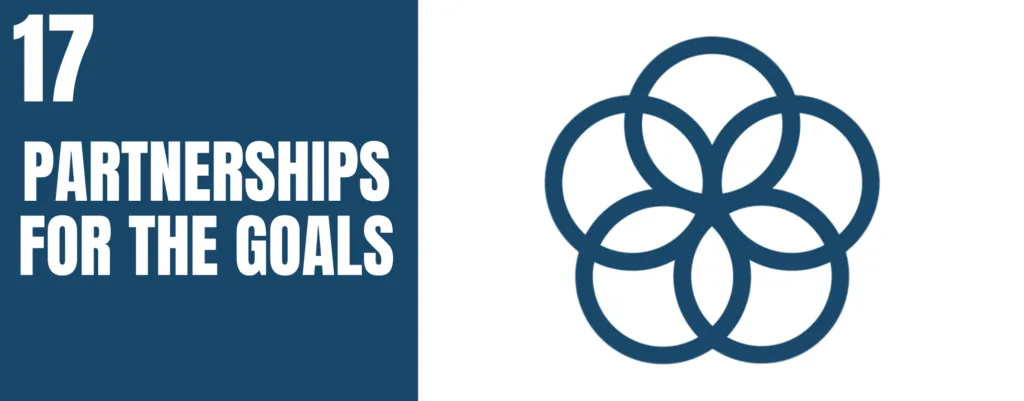SDG 5: GENDER EQUALITY
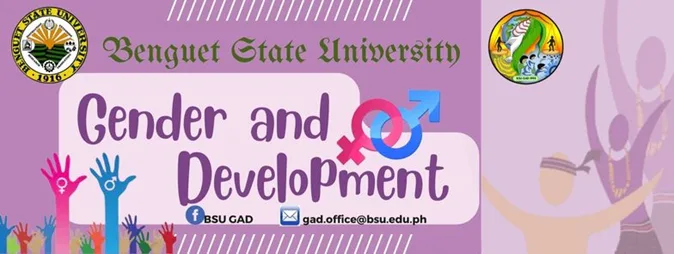
In 2024, Benguet State University (BSU) demonstrated its strong institutional commitment to advancing gender equality and women’s empowerment through gender-responsive research, inclusive policies, and support services. Women comprised over 66% of total enrollment and 75% of graduates, reflecting equitable access and high completion rates across disciplines. The university’s Sex-Disaggregated Data (SDD) system enables continuous tracking of women’s participation, from admission to graduation, while policies such as Academic Action No. 42 (s. 2023) and BSU’s Equal Employment Opportunity Policy ensures non-discrimination in entry, hiring, and promotion.
BSU fosters a gender-inclusive academic environment through mentoring programs, scholarships, and childcare support, including seven lactation stations and two child-minding centers for students and staff. Female academics hold key leadership and research roles, and gender-sensitive research remains integral to the university’s GAD initiatives. Overall, BSU’s 2024 achievements under SDG 5 affirm its role as a leading advocate of inclusive, equitable, and family-friendly higher education in the Cordillera region and the Philippines.
Proportion of Research with Female Authors
In 2024, Benguet State University implemented 82 gender-responsive research and extension programs through the Gender and Development office, many led or co-authored by female faculty and researchers. These projects demonstrate active participation of women scholars in advancing inclusive, community-based research aligned with the university’s GAD framework.
Tracking Access Measures
BSU systematically monitors student applications, enrollment, and graduation data through its Sex-Disaggregated Data (SDD) system. Indicated in the 2024 Annual Report show continued institutional capacity to track women’s access and participation rates across all colleges and programs.
Policy for Woman Applications and Entry
The university enforces an Admission Policy (Academic Action No. 42, s. 2023) and an Equal Employment Opportunity Policy that prohibits discrimination based on sex, gender, or other personal attributes. These ensure that women applicants receive equal opportunity in admission and participation across all levels of study.
Women’s access schemes
Benguet State University provides inclusive support mechanisms benefiting women, including scholarships under RA 10931, GAD-funded development programs, and student leadership activities. The university also maintains seven lactation stations, one reproductive health center, and two child-minding centers to assist student-mothers and women employees.
Women’s application in under-represented subjects
Through its SDD database, BSU tracks women’s enrollment by college and discipline, identifying areas where female participation is lower. While most academic fields show balanced representation, the data support targeted advocacy for greater women’s participation in technical and agricultural programs.
Proportion of Senior Female Academics
Sex-disaggregated personnel data in BSU’s Annual Report show strong representation of women across faculty ranks. The increasing participation of women in leadership, research, and administrative positions highlights the university’s commitment to gender balance in academic advancement.
Proportion of Woman Receiving Degrees
Women comprised approximately 66.5 percent of BSU’s total enrollment and nearly 75 percent of graduates in Academic Year 2023–2024. This consistent female majority reflects equitable access, retention, and completion of higher education among women across disciplines.
Policy of Non-discrimination Against Women
Benguet State University upholds a clear policy of non-discrimination that safeguards the rights of women in admission, employment, and academic life. Gender sensitivity and awareness programs are regularly implemented to ensure that all members of the university community practice equity and respect.
Maternity policies (infrastructure support)
BSU maintains mother-friendly infrastructure—seven lactation stations, a reproductive healthcare center, and two child-minding facilities—ensuring that women students and staff have the necessary support to balance family responsibilities with education and work. These initiatives reinforce the institution’s adherence to gender-responsive policies.
Childcare facilities for students
The university’s child-minding centers provide accessible childcare for student-mothers, allowing them to attend classes and participate in campus activities. This service demonstrates BSU’s proactive approach to sustaining women’s educational engagement after childbirth.
Childcare facilities for staff and faculty
Child-minding and lactation facilities are also available to employees, promoting workplace inclusion and family-friendly practices. These facilities contribute to BSU’s broader gender mainstreaming agenda and its commitment to supporting women’s participation in higher education employment.
Tracking women’s graduation rate
Through its institutional tracer studies and SDD system, BSU monitors graduation rates by sex, enabling analysis of retention and completion trends. The data show women’s consistently higher graduation share, affirming effective gender equity mechanisms in student progression.
Policies protecting those reporting discrimination
BSU’s Equal Employment Opportunity and Anti-Sexual Harassment policies protect individuals who report discrimination or harassment. The GAD office also conducts regular awareness campaigns, reinforcing a safe environment where women can study and work without fear of reprisal.
Women’s Progress Measures
The University is guided by the national law on the Magna Carta of Women in implementing the protection of women against discrimination and other forms of violence. In the institutional level, there is an anti-sexual harassment policy being implemented in the university. The University is committed to protecting transgender individuals from discrimination and various forms of violence, in alignment with the Magna Carta of Women. At the institutional level, the University has implemented an anti-sexual harassment policy to ensure a safety environment to its constituents.
The University promotes work life balance through providing time to eligible parents to recover from childbirth, to balance their work and family responsibilities as supported by the CSC-MC-41-s-1998. The University has 6 Lactation Stations and 4 Child Minding Centers to provide safe and healthy working conditions to employees, taking into their maternal functions, and to promote, protect and support breastfeeding practices. These facilities are also available to the clienteles.
The women population of the university is mentored through the different mentoring activities being implemented by the different offices. One notable activity is the Training of Trainers of BSU GFPS-Technical Working Group members in which the TWG members were capacitated to enhance their capability on mainstreaming GAD in university activities. Tracking of completion of studies or graduating is applied to all students regardless of sex. This is done through the implementation of the Retention Policy of the University. The Retention Policy is used to evaluate the academic standing of the students and to ensure that students will graduate on time. It is also interesting to note that based on the Graduation Data of the University for the previous years, it shows that number of women graduating on time is higher as compared to men. Additionally, enrollment of women students is also higher as compared to men.

